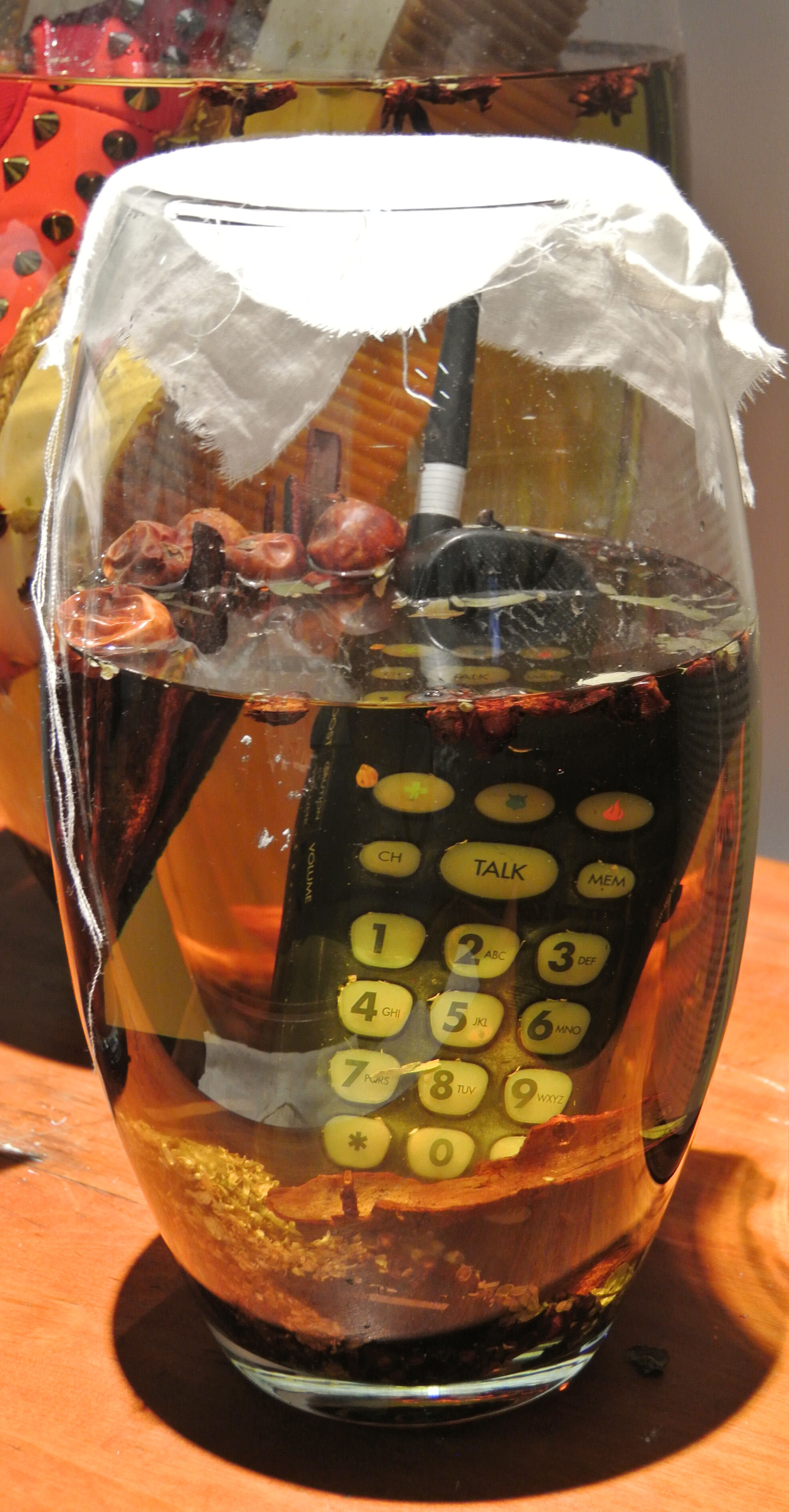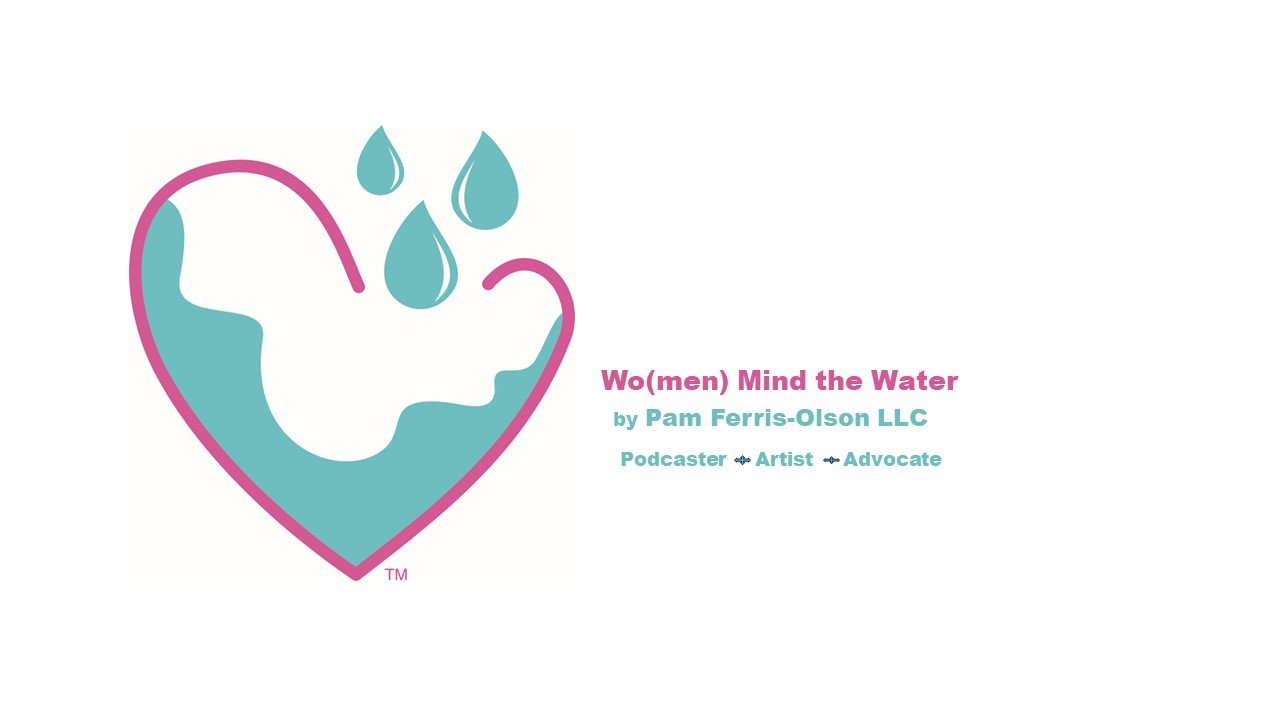
News and Updates
This section features stories that highlight how remarkable yet fragile the ocean is. It also speaks to the connection between humans and the ocean and our responsibility to protect it.
Stories, unless otherwise noted, are written by Pam Ferris-Olson, PhD. Pam has studied ocean creatures, worked in communication, and, as founder of Women Mind the Water, focuses on the relationship between humans and water. Her Wo(men) Mind the Water Artivist Series explores the work of artivists (artists +activists) and their impact in influencing change.
Photo Recognition Software, New Tool for Understanding Harbor Seals
I don’t know about you but I find harbor seals irresistible. They are one reason I love to kayak in Casco Bay. I never know when one of their roundish heads will appear on the surface. Though curious, seals are cautious creatures, I can never get too close, thus, it is nearly impossible to get to recognize any one seal by sight. Fortunately, seal researchers are making progress in understanding these enigmatic creatures. The latest tool developed at Colgate University is machine learning software that recognizes the faces of individual seals with 95% accuracy.
Women Mind the Water, An Update for August
Our next podcast will be our 50th! We are grateful to all our past guests for their participation. It’s funny to look back to those earliest podcast. I was so nervous. That has changed. I have mostly overcome my nerves. I look forward to talking our amazing guests. I feel extraordinarily lucky to have the chance to speak to people across the globe, involved in so many extraordinary practices.
Maine’s Seals Dying from Bird Flu
The influenza strain known as Eurasian H5N1 has been causing outbreaks across Europe, Asia, Africa and the Middle East. It appears to have arrived in North America late in 2021. This strain of avian flu has been identified globally in more than 100 different species of wild birds. The identification of the influenza in the United States is alarming for a number of reasons. This bird flu can spread quickly along migratory bird routes and has the potential to contaminate birds raised on commercial poultry farms. The virus also has been found to infect wild mammals such as foxes, skunks and raccoons. In July 2022, stranded seals along Maine’s coast have tested positive for the virus.



